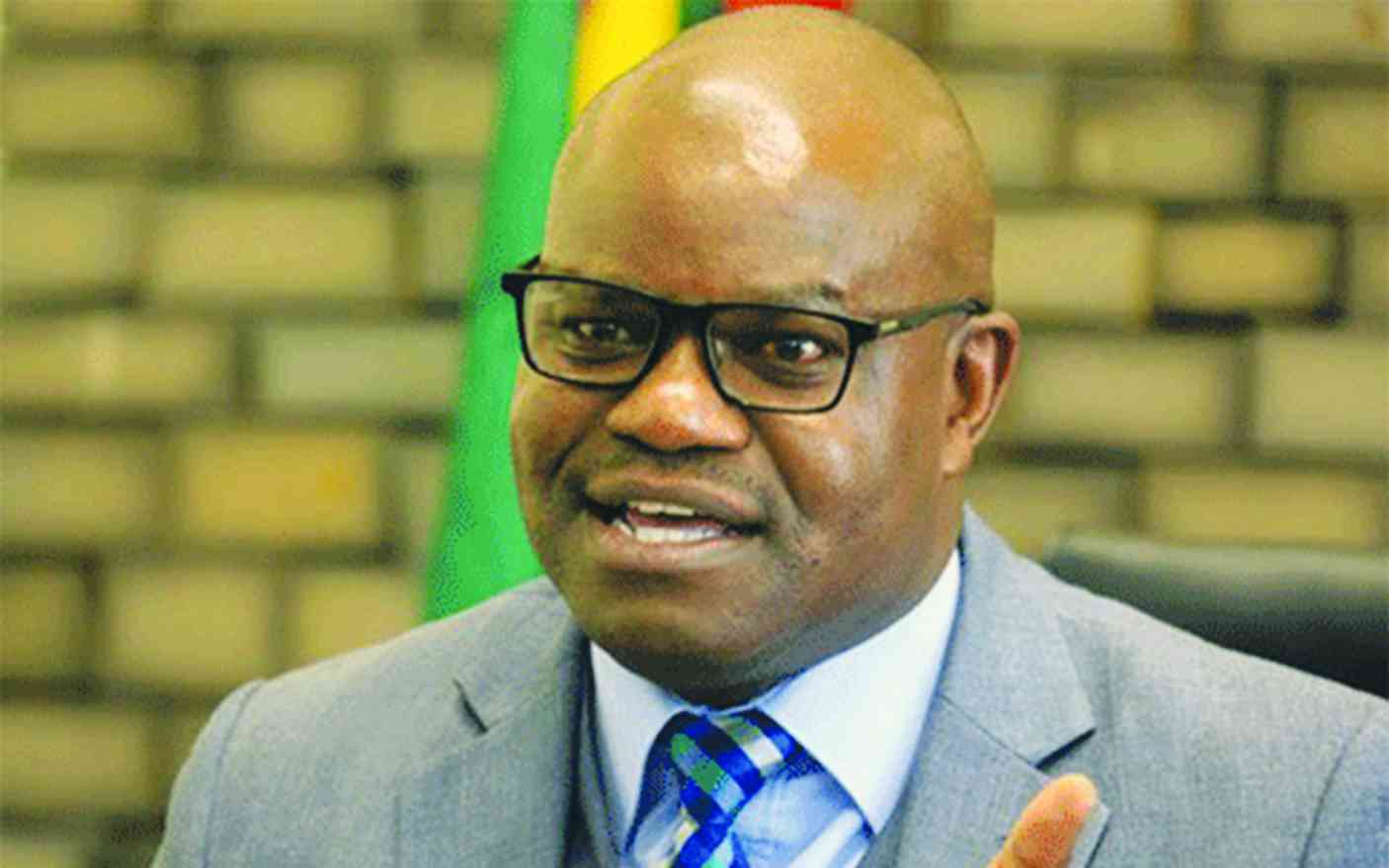
ZIMBABWE’S mining sector, buoyed by a fresh wave of foreign and local capital, is facing growing scrutiny amid revelations that several new operations, particularly by Chinese firms, are flouting safety and regulatory standards by launching ventures without essential technical personnel.
Despite clear provisions in the country’s mining laws, industry sources say a number of investors are operating without qualified mine managers, geologists, or surveyors, posing serious safety, environmental, and operational risks.
While the surge in mining activity, driven by lithium, gold, chrome, and coal prospects, has raised hopes for economic recovery and job creation, experts warn that the side-lining of critical professionals could lead to deadly consequences and erode long-term sustainability.
“Most of these Chinese miners are operating like illegal miners,” a mining consultant familiar with the sector said this week.
“We don’t know if it’s a lack of regulatory oversight or just cost-cutting, but it’s happening far too often, and it’s dangerous.
“This isn’t the first time Chinese operators have been on the wrong side of the law.”
The warning comes as Zimbabwe grapples with a disturbing rise in mine-related accidents. In 2023 alone, 237 people died in mining incidents, mostly in informal setups, while the first two months of 2024 recorded 37 accidents, leading to 33 deaths and 27 serious injuries.
A senior government official, who requested anonymity, confirmed the trend: “Some companies are deliberately skipping critical hires such as certified engineers and geologists.
- Putin exacerbates Africa’s food crisis
- Internet gags costing Africa US$2bn in revenue
- Chinese chrome smelters wreak havoc on Gweru’s roads
- Corruption watch: Time for citizens, civil society to take over
Keep Reading
“It’s a ticking time bomb. Without the right expertise on site, you’re almost guaranteed to see accidents, environmental violations, and even fatalities”.
Chief government mining engineer Michael Munodawafa admitted that authorities have repeatedly encountered mines operating without certified managers, especially among Chinese-owned ventures.
“As a ministry, we’ve had many challenges with our Chinese friends,” Munodawafa said.
“One of the key positions missing is the mine manager. When we inspect, they often tell us the manager is not available.
“But the manager is crucial, he’s the one who appoints other key professionals such as surveyors and geologists,” he added.
Munodawafa said it is only after his office issues suspension or closure notices do some operators comply.
He said large, established mines usually maintain better compliance, sometimes appointing acting managers in the absence of a substantive one.
“We are now on an aggressive drive to enforce compliance with the Mines and Minerals Act — even though we are still using the old version. Operators must appoint a registered mine manager and secure an Environmental Impact Assessment (EIA) before commencing operations,” Munodawafa said.
Under the law, mining ventures must have a certified mine manager to ensure compliance, safety, and production standards.
Surveyors are responsible for boundary and excavation safety, while geologists are critical in guiding exploration and resource management.
“These roles are not optional,” said a veteran Bulawayo-based geologist.
“Skipping them puts lives at risk and weakens the investment itself. What we are seeing is large-scale investors adopting the shortcuts of small-scale miners, and it’s unacceptable.”
The geologist added: “I am alarmed by the trend of Chinese investors bypassing protocols and regulatory oversight.
“This is a threat not only to worker safety but also to environmental protection and the welfare of surrounding communities. Stricter enforcement and adherence to global best practices are urgently needed.”
In response to the growing crisis, industry experts are urging the Ministry of Mines to tighten licensing procedures, including a mandatory submission of names, qualifications, and registration numbers of all critical staff before issuing any mining permits.
“Licensing should not be granted without proof of compliance,” one official said. “We need accountability from day one.”
There are also calls to strengthen partnerships between the mining sector and local universities to train and retain home-grown talent, ensuring that Zimbabwean professionals lead the technical management of its mineral wealth.
When contacted for comment, Chamber of Chinese Enterprises in Zimbabwe vice president Shanel Liu said she was out of the country.
"I’m not in Zimbabwe for a while, I don’t think I’m in position to answer those questions. I’ve spoken to a gentleman in Chinese embassy, he will direct me to someone who might be able to assist," she said.











